A deep dive into the spectrum of Autistic experience and the phenomenon of masked Autism, giving individuals the tools to safely uncover their true selves while broadening society’s narrow understanding of neurodiversity
“A remarkable work that will stand at the forefront of the neurodiversity movement.”—Barry M. Prizant, PhD, CCC-SLP, author of Uniquely Human: A Different Way of Seeing Autism
For every visibly Autistic person you meet, there are countless “masked” Autistic people who pass as neurotypical. Masking is a common coping mechanism in which Autistic people hide their identifiably Autistic traits in order to fit in with societal norms, adopting a superficial personality at the expense of their mental health. This can include suppressing harmless stims, papering over communication challenges by presenting as unassuming and mild-mannered, and forcing themselves into situations that cause severe anxiety, all so they aren’t seen as needy or “odd.”
In Unmasking Autism, Dr. Devon Price shares his personal experience with masking and blends history, social science research, prescriptions, and personal profiles to tell a story of neurodivergence that has thus far been dominated by those on the outside looking in. For Dr. Price and many others, Autism is a deep source of uniqueness and beauty. Unfortunately, living in a neurotypical world means it can also be a source of incredible alienation and pain. Most masked Autistic individuals struggle for decades before discovering who they truly are. They are also more likely to be marginalized in terms of race, gender, sexual orientation, class, and other factors, which contributes to their suffering and invisibility. Dr. Price lays the groundwork for unmasking and offers exercises that encourage self-expression, including:
• Celebrating special interests
• Cultivating Autistic relationships
• Reframing Autistic stereotypes
• And rediscovering your values
It’s time to honor the needs, diversity, and unique strengths of Autistic people so that they no longer have to mask—and it’s time for greater public acceptance and accommodation of difference. In embracing neurodiversity, we can all reap the rewards of nonconformity and learn to live authentically, Autistic and neurotypical people alike.
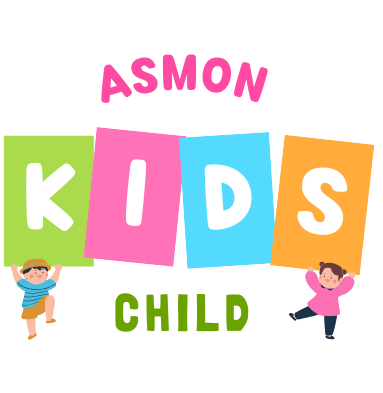
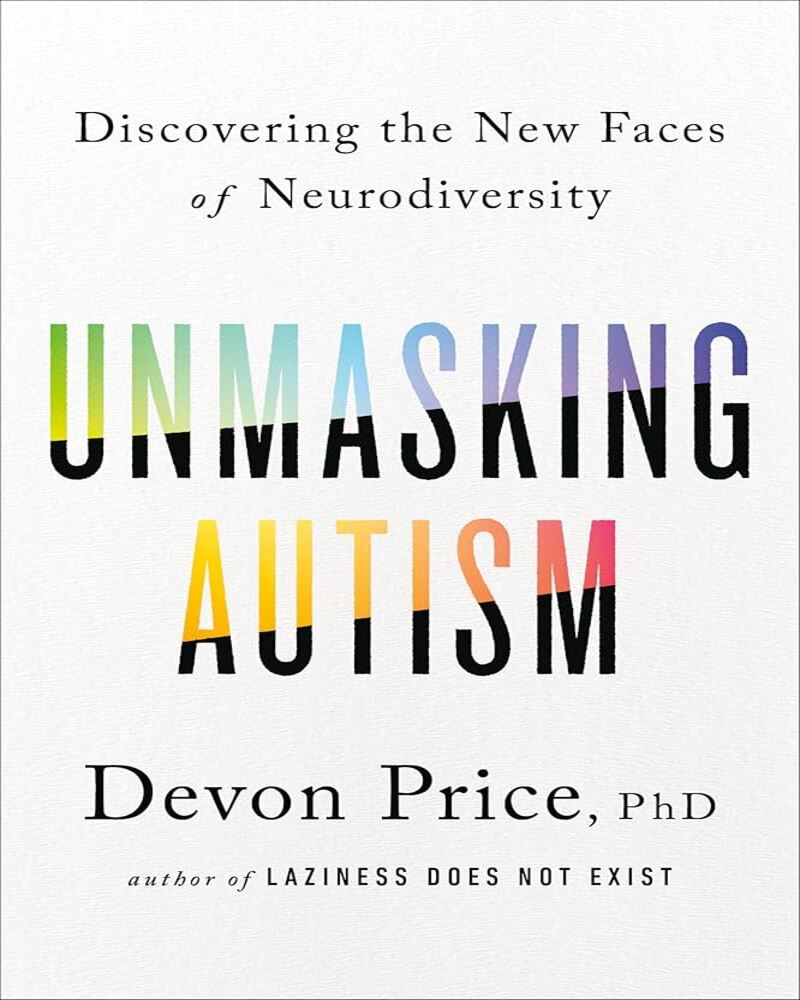
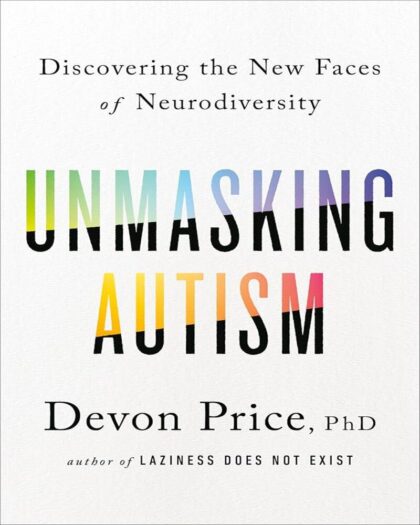
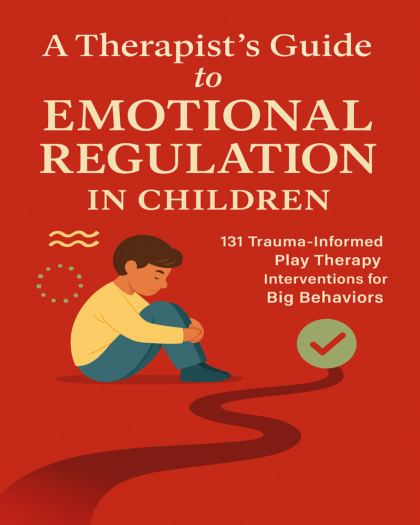
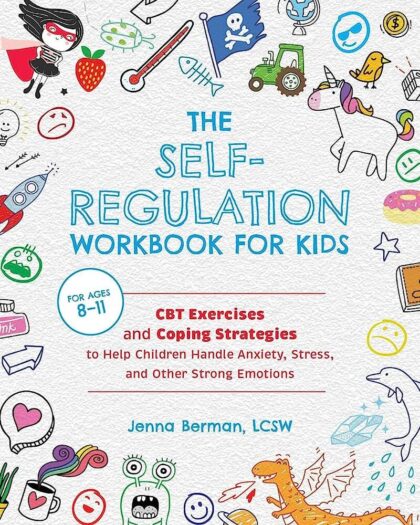
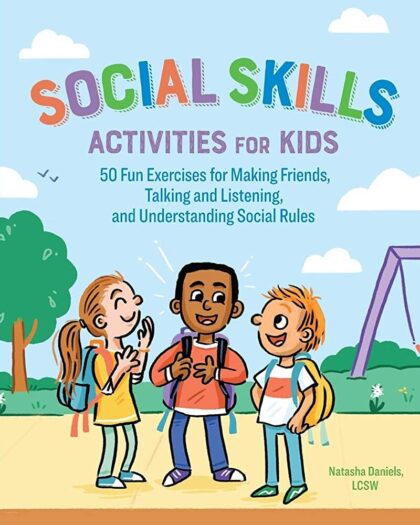

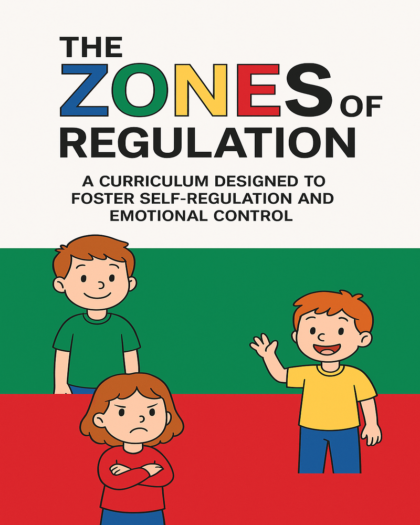
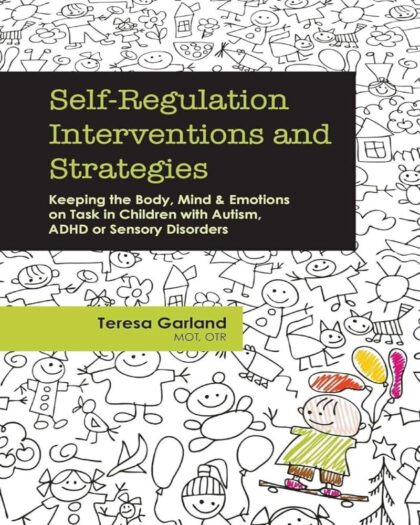
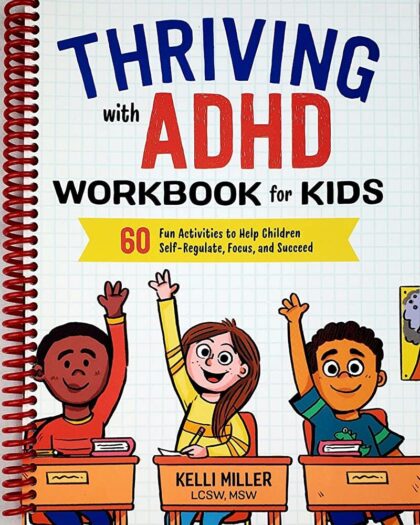
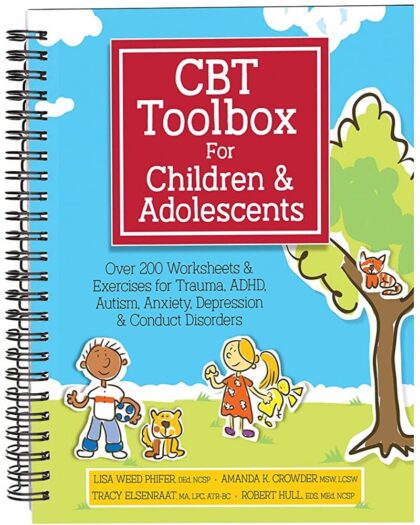
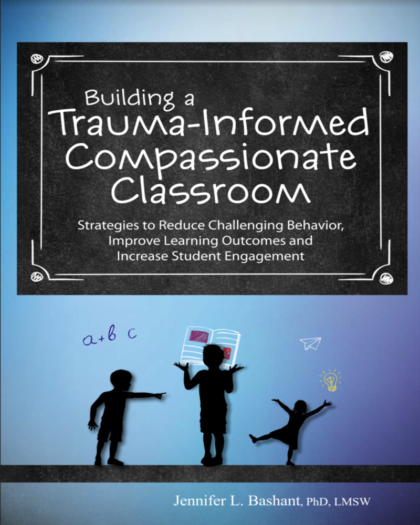
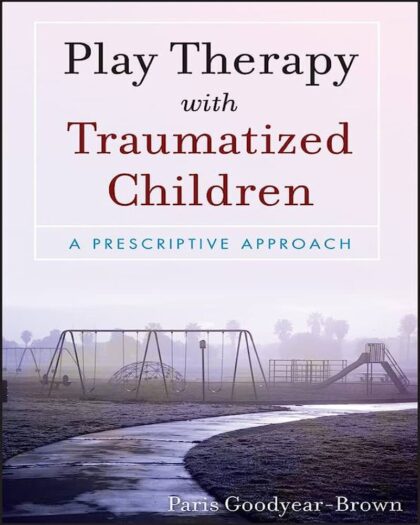
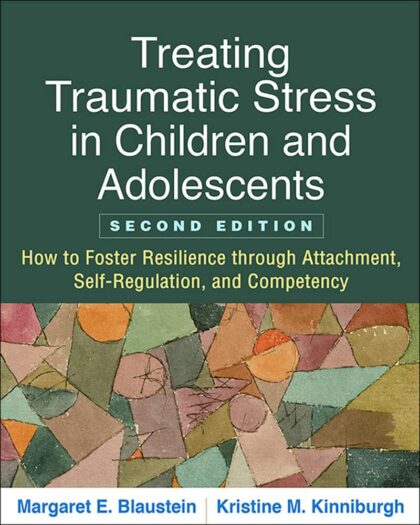
For Autistic readers--and for folks who think they may be Autistic and are at the beginning of their journey trying to figure it out--I cannot recommend this book enough. I haven't shut up about it all week, to anyone I've had an extended conversation with. There are practical exercises to help you learn how to really LOVE yourself for who you are. There are also a lot of great scientific studies and statistics cited, as well as numerous examples of real Autistic and other neurodivergent people who have worked to unmask in various capacities.
Beyond folks who may directly benefit from reading this book, I recommend it to anyone who loves an Autistic person or wants to learn more about us. I've recommended this book to my therapist, my psychiatrist, my wife (also Autistic, and serves a lot of ND clients as a therapist), my parents, and at least a couple friends, and all that was before I finished reading it this evening.
I also personally related very strongly to many aspects of the author's journey. The connections Price draws between Autistic and trans identity deeply resonate with me, which made the book an even better fit. But there's so much great content in this book, and so many diverse perspectives represented, that you definitely don't have to be a trans Autistic person to benefit from reading this book.
Devon Price, your activism is such a beautiful gift to both the Autistic/ND and trans community, and I am immensely grateful for the privilege of having stumbled upon and learned so much from your book. Thank you, from the bottom of my heart.
Dr. Price’s book is thorough (in true autistic fashion lol) and heartfelt. It includes not just his own story and reflections, but features an array of quotes from voices not typically centered in discussions of the autistic experience (and clearly that inclusive approach has upset some reviewers, and it is pretty disturbing that apparently any mention of the experiences of non-white, non-male, non-cis person is so deeply threatening).
It’s also concerning to see all critical reviews so far seem to boil down to “this book talks about trans and gay people, ew”, and even “hey, don’t be so mean to TERFs!” (no, I don’t politely refer to anyone expressing blatant homophobia and transphobia as “gender critical” just like I don’t call white supremacists “race realists”, because I refuse to sanitize and validate bigotry). This is so troubling considering a significant number of Autistic folks are trans or otherwise LGBTQIA+. To reject our identities, to other us and complain when we merely speak of our experiences, is fundamentally to deny and reject the lives and experiences of Autistic people. In other words, it’s yet another variety of ableism. You can’t claim to care about Autistic people if you *only* want to hear the stories of cis, straight, white Autistics, or if you find the mere mention of the existence of the rest of us troubling or offensive. We aren’t going anywhere and we don’t owe you an apology for existing out loud.
But I digress… if you or someone you know is Autistic, this is a must-read. *Especially* if you grew up thinking only little white boys can be Autistic, or that there is only one way autism is expressed in a life… or if, like me, diagnosis has brought on a lot of fear or loss of identity. This is a book that I believe will help many navigate the path towards not only awareness, but community, and not only acceptance, but liberation. Make no mistake; this book IS radical. And I firmly believe it’s the medicine we need right now.